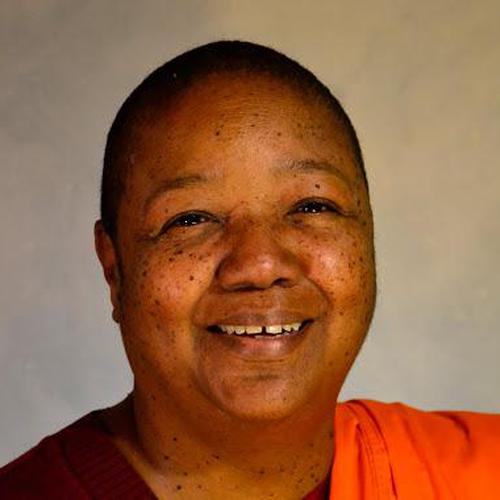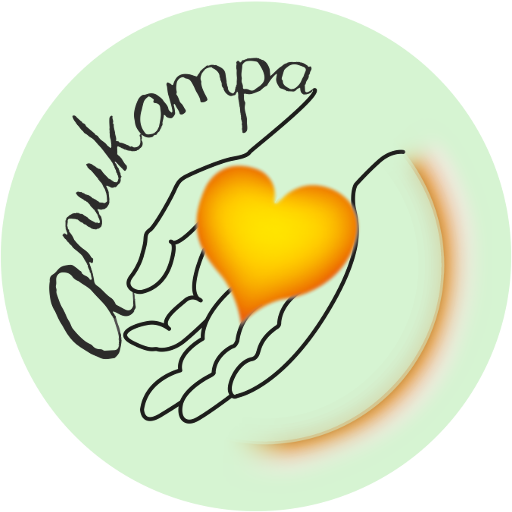We are living in extraordinary times. As we are in our various phases of unlocking lock-down, depending on our geographical location and personal situation, we are also entering the fourth week of the largest anti-racist movement in living memory. Large and overwhelmingly peaceful demonstrations are happening across three continents, in the wake of the tragic murder of George Floyd ~ and hopes run high for systemic change. Whether we are involved in activism, policy change, anti-racism training or examination of our personal relationship with racism and race, a capacity to listen to ourselves and each other with a patient, open heart seems key to lasting change.
A recent article in Tricycle Magazine notes that the Buddha was adept at using skillful and persistent questioning to address and unravel the wrong views underlying prejudice and supremacist ideology. In the Assalayana Sutta (M.N. 93), the Buddha brings about a change in a brahmin student through activating that student’s own capacity for intelligent reflection.
When young Assalayana declares to the Buddha: “Brahmins are the highest caste, those of any other caste are inferior; brahmins are the fairest, those of any other are dark; only brahmins are purified, not non-brahmins…,” the Buddha counter questions him incisively and with great humour, pointing (out among many things) that people from all castes are born in the same way, bathe and get clean the same way (!) experience the same kammic results of ethical action, and have the capacity to develop the immeasurable liberation of mind through loving kindness.
Venerable Pannavati Bhikkhuni

Venerable Pannavati, a black bhikkhuni ordained in the Theravada and Chan traditions, gave one of the most healing, inspiring and deeply compassionate talks I have heard on the need for self-honesty as a starting point in the conversation around race and unity in this outstanding Dhamma talk hosted by the Tilorien Sangha on June 19th. In it she says:
“It doesn’t matter if you don’t like where you are, what’s rising up in you,or what you see ~ it takes a radical kind of honesty to find yourself. Every time I’m looking at someone else, pointing my finger, I’m seeing where (in some ways) I’m just like them. In some ways I’m thinking certain thoughts that are unreasonable, that are hostile, that are cruel; that don’t speak for what I say I believe in and I embrace….It’s not about “Who are they?” ~ it’s about “Who am I?” What do I bring to this pivotal moment in time? What wisdom can I share [and embody] from the Dhamma that will elevate and lift us; that will point us where we want to be as a society, as a people, as a species? That is the question. Who do I choose to be in this world?“
You can read more about this incredible bhikkhuni here.
